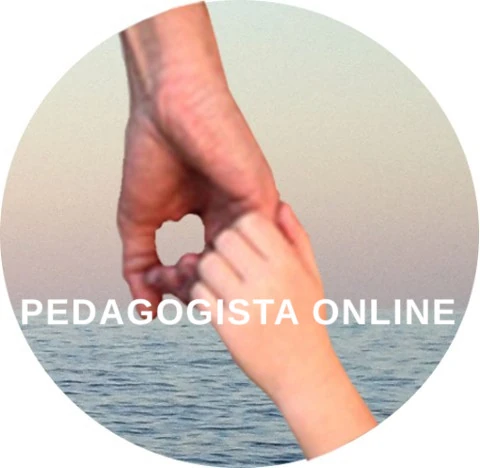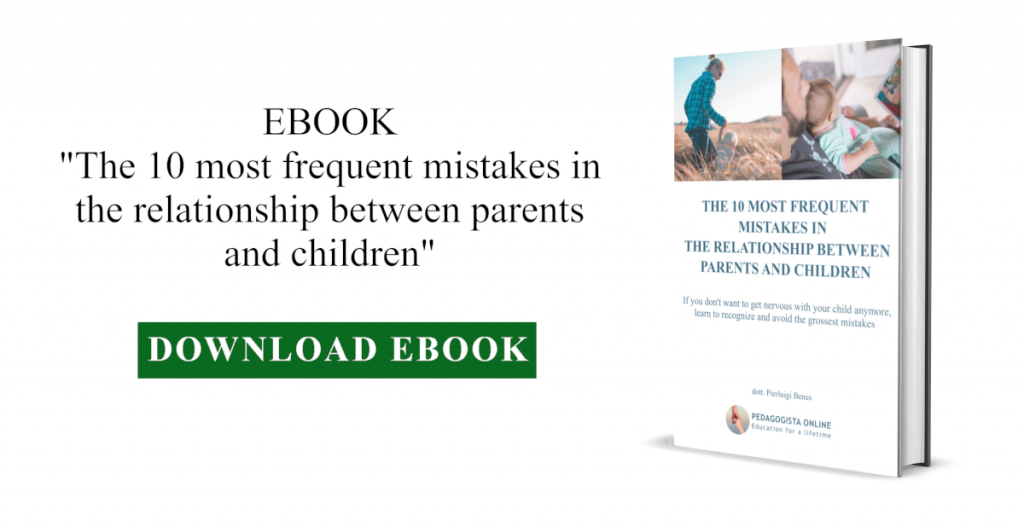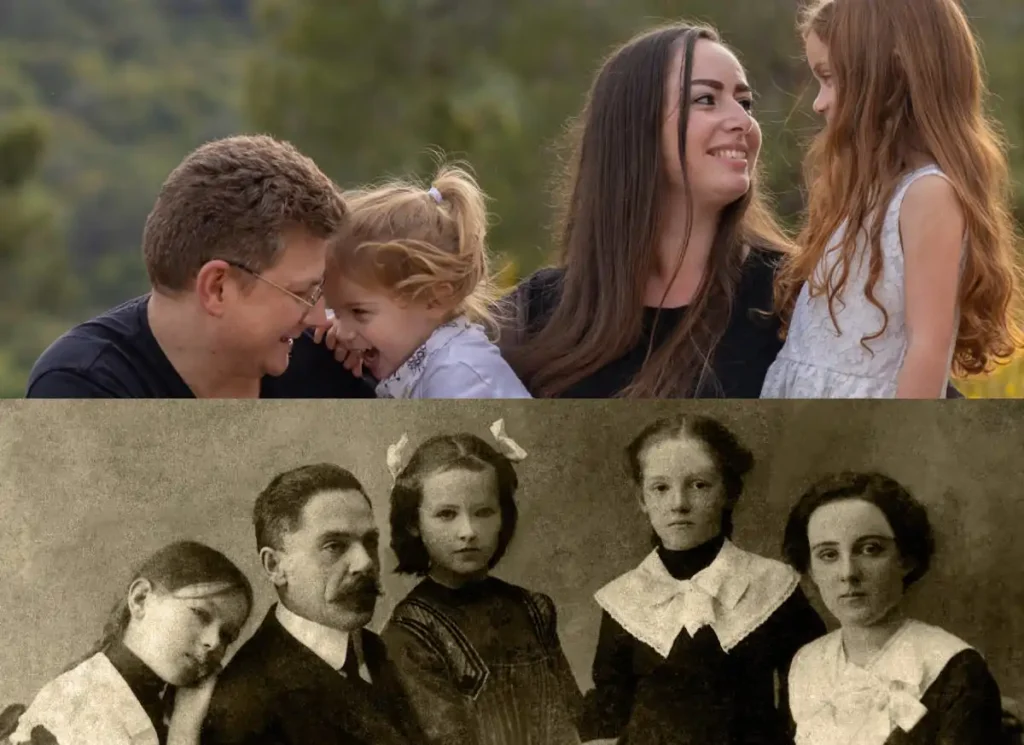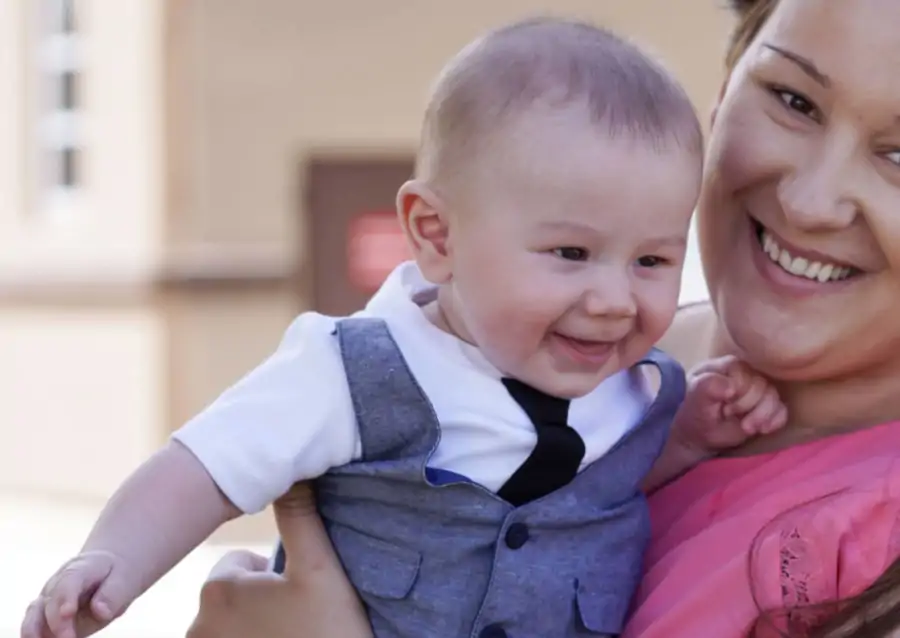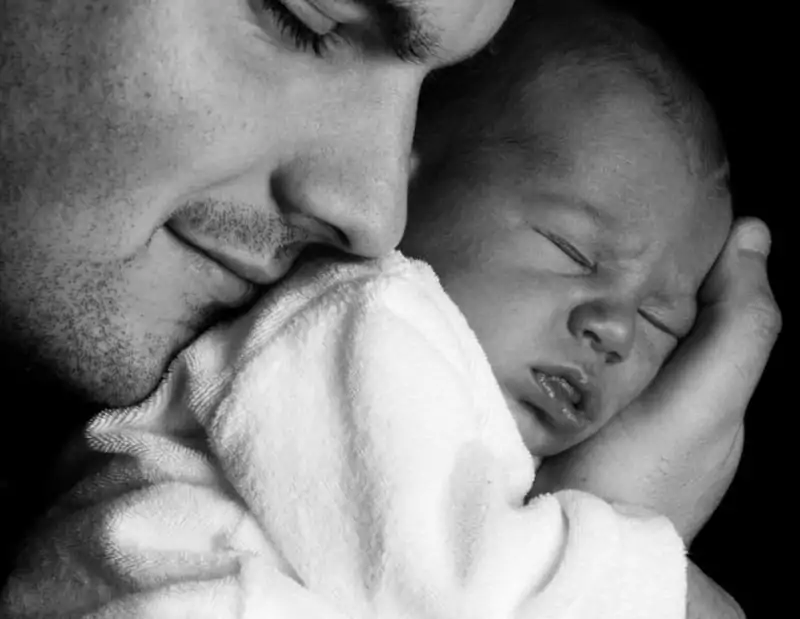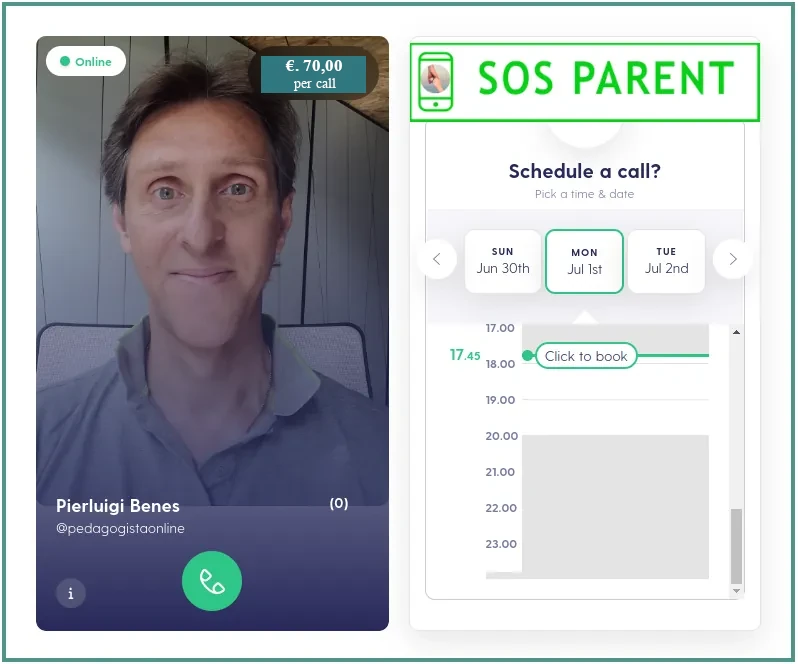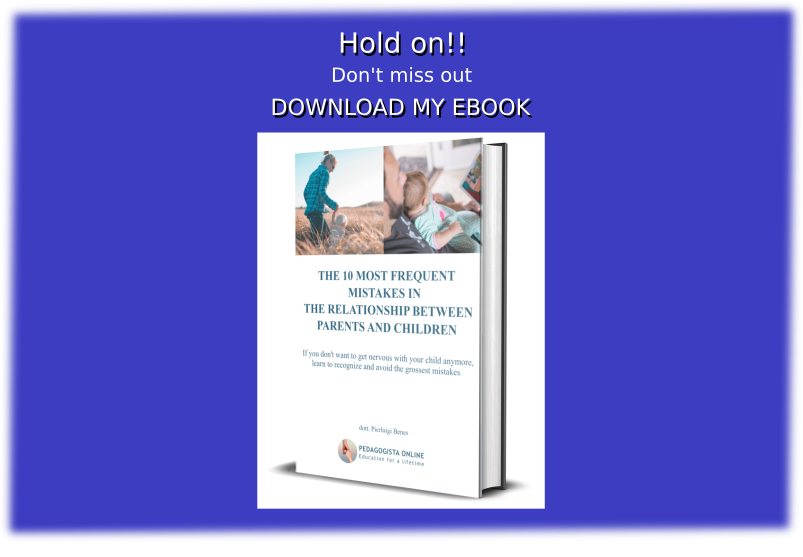The role of a parent is a challenging and complex task that requires patience, comprehension and flexibility. There are many different parenting styles, and everyone decides to take on the one that is most congenial to their situation; however, sometimes parents are too much present, as in the case of the so-called «helicopter parents», other times they control too much.
If you’ve read my novel Being a parent nowadays, you’ll remember Roby and Rita, typical examples of overly controlling parents. Well, now I want to reflect with you on this parenting style.
While some parents may believe that controlling their children’s behavior is a sign of love and care, research shows that overly controlling parenting styles can have negative effects on children’s development and well-being. In this post, I want to talk to you about the consequences of controlling parenting and how it can affect children’s social, emotional, and cognitive growth.
I will also provide you with some practical tips and strategies that you, as a parent, can use to find a balance between setting boundaries for your children and giving them the freedom to learn and grow. Whether you’re a parent, a teacher, or a caregiver, you’ll find useful insights and tools here to support your children’s healthy development and build stronger relationships with them.
1. What is controlling parenting and why it's harmful
Controlling parenting is a parenting style in which parents tend to micromanage and restrict their children’s behavior and choices, often with the goal of ensuring their safety and well-being. However, while control can be an essential part of parenting, overly controlling parenting can be detrimental to children’s emotional and social development.
When parents are too controlling, they may stifle their children’s ability to learn important life skills and develop a sense of self-efficacy. For example, children of controlling parents may struggle to make decisions for themselves or take initiative without the approval or guidance of their parents.
Additionally, these children may feel less confident in their ability to manage challenges and solve problems independently, which can impact their overall well-being and mental health. This type of parenting has distinctive characteristics; in this section, we will also explore some of the common warning signs that parents may exhibit when engaging in this type of behavior and what they can do to find a healthier balance between control and autonomy.
2. The psychological effects of overly controlling parents on children
Children who experience extremely controlling parenting may show various effects, as you can see in this post. In practice, it is quite common for them to have difficulties in developing their own autonomy and personal independence, which can hinder their ability to achieve personal fulfillment.
For example, they may not be able to make their own decisions independently, even the most basic ones; but they may also feel insecure about their abilities because they have always relied on their parents to be guided. This lack of independence can lead to feelings of helplessness and low self-esteem.
In addition, children with controlling parents may feel that their opinions and desires are not valued or heard, which can negatively impact their sense of self-worth and lead to resentment towards their parents. Overly controlling parents may not allow their children to make mistakes or learn from their failures, which can impede their personal growth and ability to cope with challenges. In fact, we all grow through our mistakes.
As a result, children with controlling parents may experience increased anxiety and a fear of failure; therefore, it is essential for parents to find a balance between control and autonomy, as this will allow their children to develop a healthy sense of independence and self-esteem.
3. The negative impact of overcontrolling parenting on child development
It is not easy to understand the boundary between excessive control and neglect, however, it is important to note that overly intrusive parents can have a negative impact on various aspects of children’s development, as well as parents who neglect their children’s needs.
For example, children who experience overly controlling parenting may struggle with social and emotional development. These children may encounter obstacles in forming relationships with their peers or other adults, as they have not had the opportunity to experience the necessary social skills or emotional intelligence in interpersonal relationships.
Additionally, controlling parenting can also negatively affect a child’s academic performance, as it can create a strong sense of pressure and anxiety in the child that interferes with learning. For the human mind to function well, it needs the right level of tension; if parents invest too much, the pressure can weigh down the child and paradoxically even lead to failure.
Moreover, children of controlling parents may have difficulty managing their emotions, which can lead to significant behavioral problems. It is important for parents to be aware of the potential negative impact of an overly controlling parenting style and to adopt strategies that provide their children with opportunities for social, emotional, and academic development.
4. Strategies for parents to avoid overcontrolling their children
Now that I have explained some of the most relevant effects of this type of parenting style, I want to share some useful strategies to protect you and your children from these risks.
To avoid overcontrolling their children, parents can take several steps. First, they can practice active listening and allow their children to express their feelings and desires. This can help children feel valued and heard, which can increase their sense of self-worth and self-confidence.
Second, parents can provide their children with opportunities for independence and decision-making. Giving children choices, even small ones, can help them develop their own sense of autonomy and decision-making skills. This can also help children learn from their mistakes and build their resilience. Inevitably, this allows parents to lighten their burden of making choices for their children.
Third, parents can establish clear and consistent boundaries, while still allowing their children some freedom to explore and take risks. This can help children feel safe and secure, while also providing opportunities for growth and development.
Furthermore, parents can model healthy emotional regulation behaviors, which can serve as an inspiration to their children. When parents demonstrate effective communication, problem-solving, and emotional management, they can provide children with positive examples to follow.
Finally, parents can seek the support of professionals who can guide them towards effective parenting practices for their children’s growth and personal fulfillment. If you want to learn more, I suggest following my strategy for building an effective parenting role.

